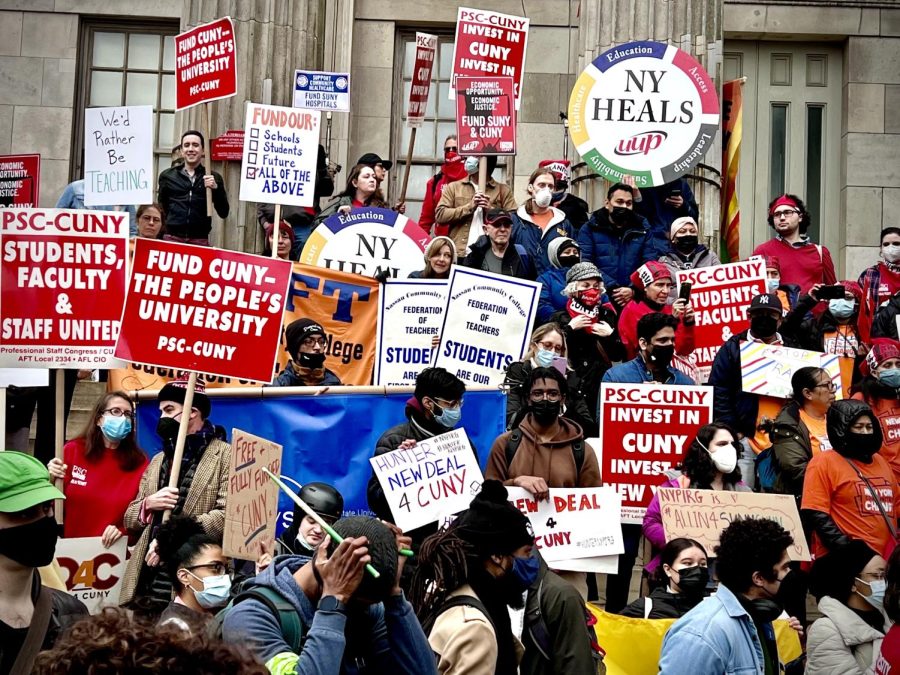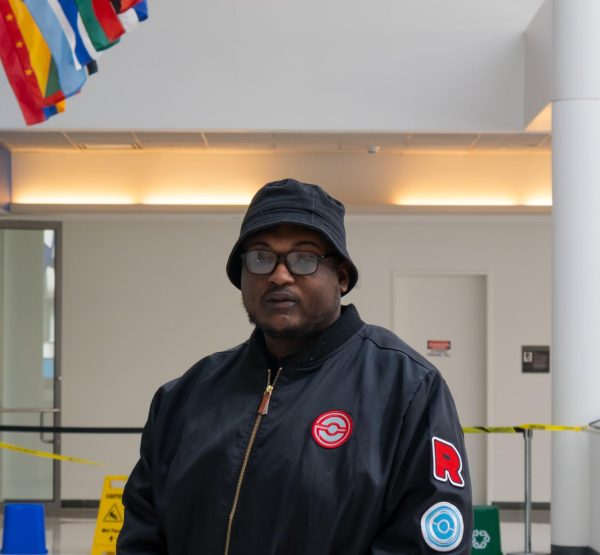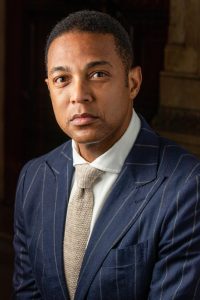Proper funding for CUNY must take place
March 18, 2022
For many years, CUNY has been acclaimed as an economic beacon of hope for marginalized communities. CUNY must take high priority in New York’s budgeting if it is to support this economic status.
CUNY students and faculty alike marched in the streets from Brooklyn Borough Hall to Foley Square in Manhattan to advocate for proper funding on March 6. During the rally, rallygoers called out the New York Senate and Assembly to invest in the future of CUNY.
“We’re calling on the Senate and the Assembly to make reinvestment in public higher education their priority in the budget negotiations,” Professional Staff Congress President James Davis said.
Seeing local advocates, all from diverse backgrounds, come together for CUNY is a sign that the public college system must be taken care of. But advocacy for CUNY from New York politicians would help in the future.
CUNY would need $313 million for students to attend tuition-free, according to ABC7. It would also cover the cost of hiring 1,000 full-time professors as well as mental health counselors.
A lifted financial burden such as paying the tuition gap would be beneficial to many students in the CUNY system.
State Sen. Andrew Gounardes is the main sponsor of the New Deal for CUNY, and he echoed a sentiment about CUNY that top New York Democrats need to adopt.
“CUNY is the pride of NYC. Most CUNY students stay here after graduating and contribute billions of dollars to our economy,” Gounardes said. “Our students deserve full-time teachers, mental health support, academic advisors and buildings that aren’t falling apart. The New Deal for CUNY is common sense smart fiscal policy and I’m ready to fight for it in 2022.”
New York Attorney General Letitia James also stressed the reminder that supporting CUNY is also supporting the people of New York.
“As a proud CUNY graduate, I know firsthand the power of a CUNY education and the opportunity it provides to so many New Yorkers who might otherwise not have access to higher education,” James said. “But there would be no CUNY without the dedicated professors and faculty and staff behind it, and we must give them and our students the support they need to keep this system running.”
While James makes a valid statement about CUNY, what Gounardes said is also correct about students deserving full-time teachers.
A heartbreaking economical side effect of CUNY lacking big funding is when students lose out on the chance of taking certain courses that can go toward their respective majors.
The reason behind this is that some departments do not have enough professors to teach those courses. Classes should not be canceled because there is not enough funding.
The New York State legislature should take note of that in their budgeting decisions for CUNY and ensure that CUNY takes top priority as New York City continues to recover economically from the COVID-19 pandemic.
PSC has done an excellent job in standing up for the CUNY community in advocating for financial fairness for the system. It recognizes that many CUNY students are the first in their families to attend college and are from households that have annual incomes of $30,000 a year or less.
If CUNY is going to keep its status of launching students into economic mobility and success, its infrastructure must back up its reputation.
Hearing PSC CUNY’s cries for proper funding is a sign that the public college system must be protected.








